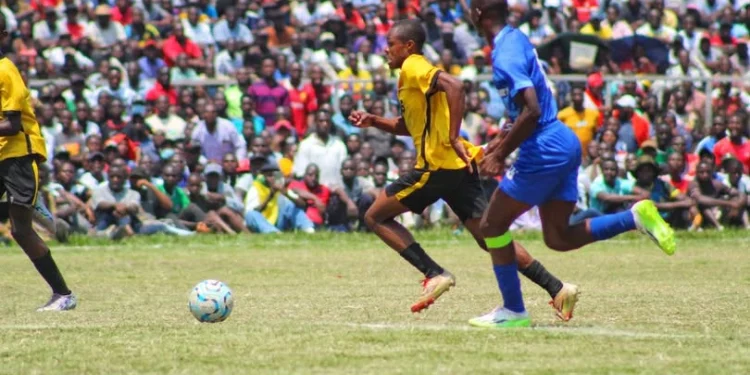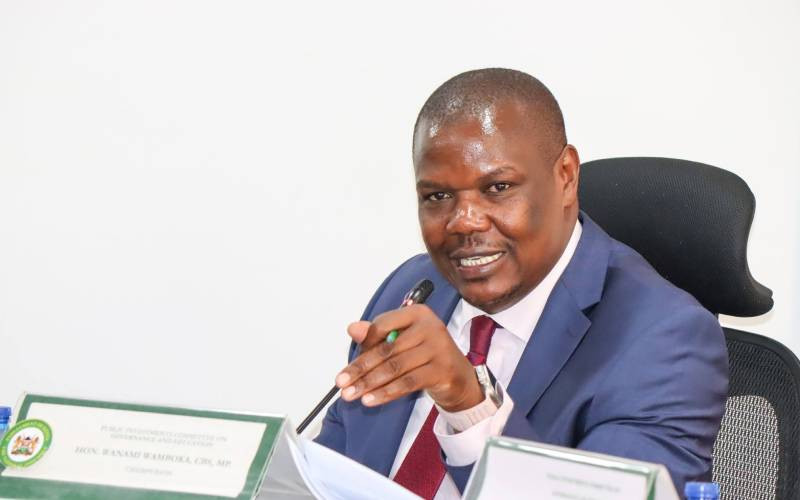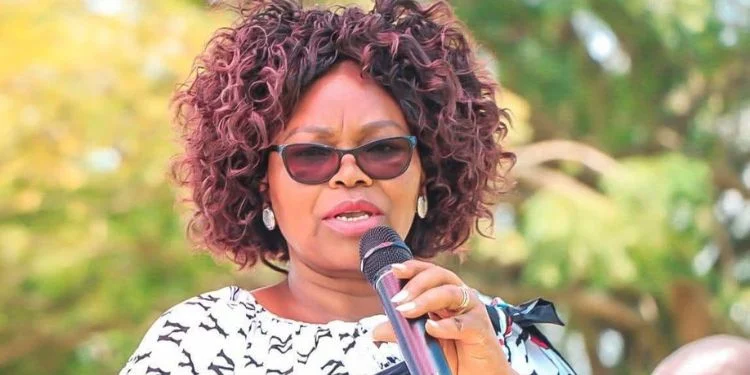In the realm of education, it’s crucial to recognise that inability does not equate to disability. Students with disabilities often face unique challenges, but these should not be seen as insurmountable barriers to their success. Instead, educators, parents, guardians, and the government must collaborate to foster an inclusive and supportive environment that promotes the self-esteem and academic achievement of these students.
Teachers play a vital role in this process. They are often the first line of support and can make a significant impact on a student’s educational journey. By employing inclusive teaching strategies and providing personalized attention, teachers can help students with disabilities feel valued and capable. This involves not only understanding the specific needs of each student but also creating a classroom atmosphere that celebrates diversity and encourages all students to participate fully.
Parents and guardians also have a pivotal role in nurturing the self-esteem of students with disabilities. They can advocate for their children’s needs, provide emotional support, and reinforce the belief that their children can achieve their goals despite any challenges they may face. By maintaining open lines of communication with educators and being actively involved in their child’s education, parents can help ensure that their children receive the necessary support and resources.
READ ALSO:
Residents of Juja appeal for help for flood-affected students yet to resume learning
The government’s role is equally important. It must provide adequate resources and implement policies that support the education of students with disabilities. This includes funding for special education programmes, ensuring that schools are equipped with the necessary assistive technologies, and employing trained professionals who can offer specialised guidance and support. Government initiatives should aim to remove barriers to education and promote equal opportunities for all students.
Additionally, students with disabilities must be encouraged to take an active role in their own education. Hard work and determination are key factors in overcoming challenges. By fostering a growth mindset, where students believe that their abilities can be developed through dedication and effort, we can help them to not only achieve academic success but also build resilience and confidence.
In conclusion, the statement “inability is not disability” underscores the importance of viewing disabilities through a lens of potential rather than limitation. With the combined efforts of teachers, parents, guardians, and the government, students with disabilities can be empowered to reach their full potential. By creating a supportive and inclusive educational environment, we can ensure that all students, regardless of their abilities, have the opportunity to succeed and thrive.
By Tony Kyule
You can also follow our social media pages on Twitter: Education News KE and Facebook: Education News Newspaper for timely updates.
>>> Click here to stay up-to-date with trending regional stories






